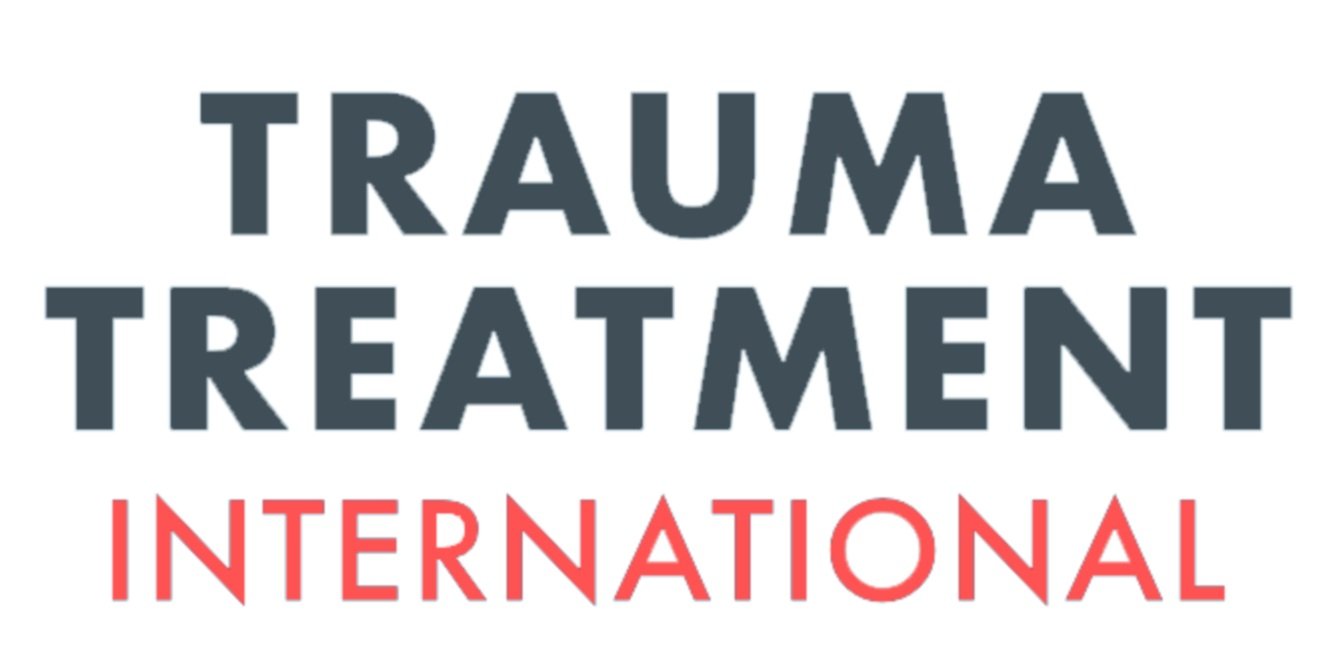Trauma support for Ukrainian refugee hosts still of utmost importance
As the Homes for Ukraine scheme reaches its first anniversary, Trauma Treatment International (TTI) says mental health support for UK hosts remains vitally important due to refugees’ ongoing trauma.
More than 150,000 Ukrainians arrived in the UK under the scheme last March, with British hosts welcoming them for a minimum of six months.
Shortly afterwards, TTI conducted a research project into the provision of mental health training and support for UK hosts. Our findings showed that there was a fragmented approach to the issue, and postcode lottery support systems in place, to the detriment of both the hosts and their guests.
As a result, we introduced a series of webinars to help hosts become more trauma-informed, and respond to their guests’ mental health needs in a productive and sympathetic way.
Counselling psychologist Dr Cara Gibson (pictured above), who has been leading the sessions, explained that participants are given an insight into what trauma is, the symptoms of post-traumatic stress disorder, and what it means to be trauma-informed.
She said: “We then go on to offer specific tips for hosts to help them respond to their guests’ individual needs. For example, we discuss strategies that hosts can use to support their guests if they are suffering flashbacks, helping to ground them and bring them back to reality.”
Feedback from attendees to the sessions has been very positive, with one participant saying: “There were many tips to help us deal with the situations being encountered whilst hosting a Ukrainian mother and son”.
Cara added: “A year on from the start of the Homes for Ukraine scheme, some guests are exhibiting signs of delayed trauma which is very understandable. When they first left Ukraine, they were in emergency mode. They were focused on getting out, travelling to the UK, settling into someone else’s home, and finding work and schools for their kids. But that mode is not sustainable in the long-term, and delayed trauma can be triggered many months later.
“As a result, it’s important for even long-term hosts to be aware of the on-going issues their guests may be facing. Our training sessions help them to do this.”
TTI has also been running online courses on Trauma Management in the Workplace, aimed at organisations supporting Ukrainian refugees and their British hosts. Participants are taught to spot the signs of burnout and secondary trauma in staff members, and how their organisations can become more trauma-informed in their approach and support processes.
In a feedback survey, 100 per cent said they would recommend the training to others; one praised the “practical examples of how working with people experiencing trauma can affect staff members”.
With the war in Ukraine still ongoing and delayed trauma a possibility for many refugees, TTI is hosting further online training sessions, accessible to any host or support worker:
Thursday April 20, 12-1:30pm: Refugee Host Discussion Forum
An opportunity to share experiences with other hosts, and ask a clinical psychologist questions about your guests’ mental health and your own. Click here to sign up.
Wednesday April 26, 9:30-11am: Trauma Management in the Workplace
This session is aimed at those who work in support agencies helping refugees and their hosts navigate their living situations. The training includes information about how to recognise and respond to secondary trauma and burnout, followed by a Q&A where you can ask questions of a clinical psychologist. Click here to sign up.
You can also read our top tips for refugee hosts below:


